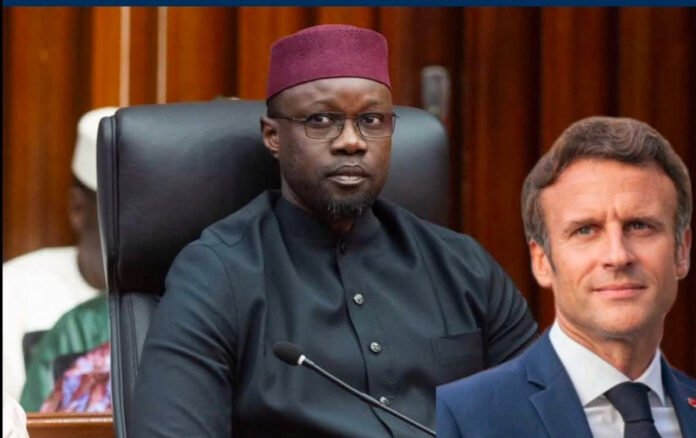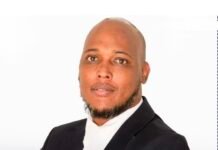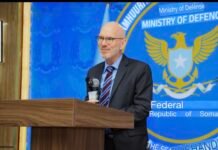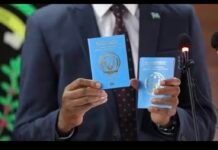DAKAR, (HAN) — Senegal’s Prime Minister Ousmane Sonko has ignited a wave of debate after announcing that he will not attend an upcoming investor forum in France, despite being officially invited by the organizers. The decision, revealed earlier this week, comes at a time when public discontent is growing across Africa over what many see as excessive dependence on France by some African leaders.
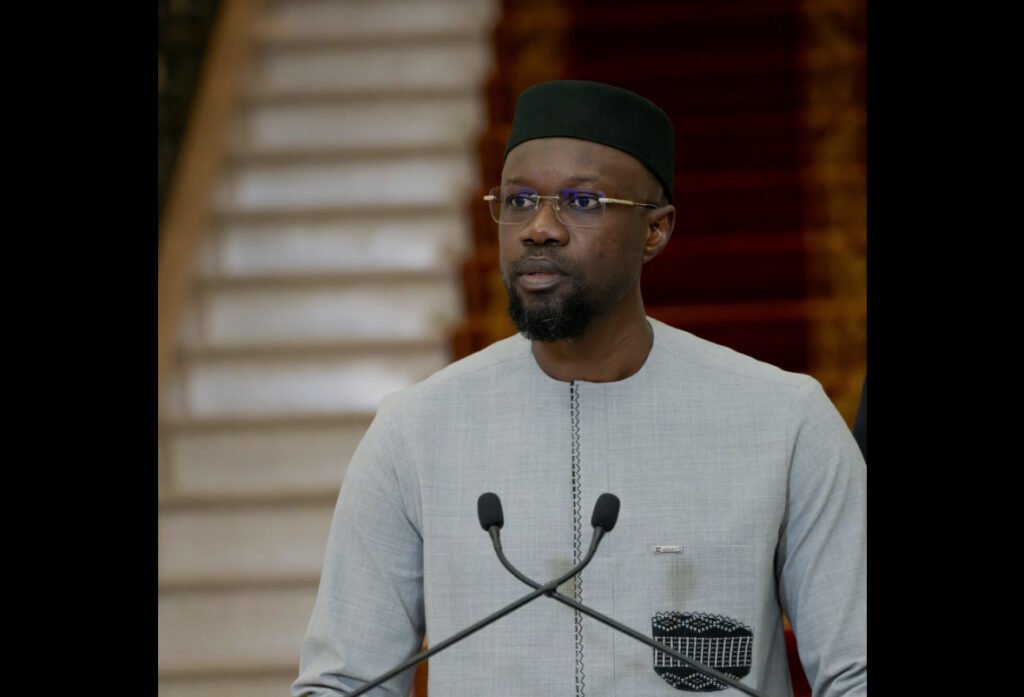
Sonko’s move has been widely interpreted as a clear rejection of France’s lingering influence in Senegal and West Africa. Critics of Senegal’s President argue that his increasingly close relationship with France contradicts the promises of sovereignty and independence that were once central to Senegal’s political discourse. Sonko, who had been one of the strongest voices against French dominance before entering government, has now chosen to reaffirm those principles by distancing himself from the event.
Observers note that this decision followed shortly after Sonko’s high-profile meeting with Burkina Faso’s Captain Ibrahim Traoré, a military leader who has championed pan-African solidarity and resistance against Western interference. This meeting is being hailed as a symbolic gesture, signaling Sonko’s alignment with leaders advocating for greater African autonomy.
Across the continent, reactions have been swift. Supporters praise Sonko for standing firm, calling his refusal a powerful act of pan-Africanism that places Africa’s interests ahead of Western expectations. “By rejecting France’s invitation, he is reminding the world that Africa’s freedom cannot be compromised for foreign approval,” said one political analyst in Dakar.
At the same time, the Prime Minister’s stance has sparked a sensitive question within Senegal’s political landscape: Was his public criticism of the President’s close ties with France justified? Some argue that his words risk fueling divisions at a time when Senegal needs unity to attract investment and stability. Others, however, believe that his boldness is exactly what Africa needs—a willingness to confront uncomfortable truths and demand a new direction for the continent.
The debate underscores a larger struggle taking place across Africa: the balancing act between maintaining international partnerships and asserting genuine independence. Whether Sonko’s decision will strain relations within Senegal’s leadership or inspire a broader movement toward self-reliance remains to be seen, but one thing is clear—his choice has placed Senegal at the heart of the pan-African conversation.
